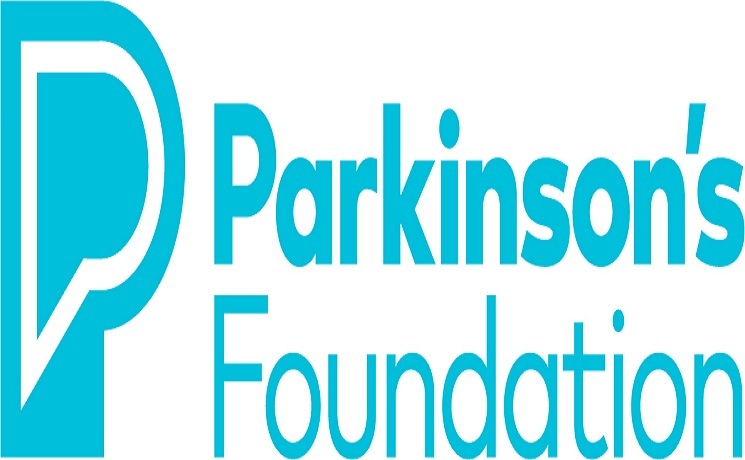
Two organizations advocating on behalf of, and helping care for, the estimated 1 million people in the U.S. affected by Parkinson's disease recently came together to form the Parkinson's Foundation.
The newly formed foundation, formed when the National Parkinson Foundation and the Parkinson's Disease Foundation merged, also unveiled its new logo and website, www.parkinson.org.
Its chief executive, John Lehr, told Patient Daily that a key motivation for the merger was the desire to better serve those suffering from the neurodegenerative disease, the 14th leading cause of death in the United States.
"We were the two truly national organizations with footprints across the country," Lehr said. "One million people are better served (by) being one organization. We can bring experts under one roof and provide a full service."
Lehr said that prior to the merger there was some collaboration between the two groups, and that the organizations, one Florida-based, the other in New York, did try to come together for some years knowing they were serving the same mission.
Initial attempts were unsuccessful, but executives "really listened to the community, which wanted us to come together," Lehr said. The focus of the merged entity is to provide "better care, more advanced research, better education and aligned advocacy."
Lehr pointed out that only about 10 percent of people suffering from Parkinson's disease receive the top level of care: being treated by specialists providing the best approaches and having access to needed physical therapy, occupational therapy, mental health services and speech pathologists.
Much of that care is provided at Centers of Excellence run by the two organizations, but they are often sited in urban areas inaccessible to much of the population.
"But it is also a numbers issue, " Lehr said. "There are not enough movement disorder specialists."
The new organization will continue the work of the two groups by reaching out, educating and working with community-based neurologists and primary care physicians.
On the advocacy front, the issue of physical and occupational therapy coverage under Medicaid and Medicare will be argued on Capitol Hill. Currently, there is a cap on the amount of such care a Parkinson's disease sufferer can receive. This is important because inadequate care leads to more falls and more emergency room visits, and there is a cost benefit to up front coverage, the group says.
Other issues the Parkinson's Foundation will raise with legislators and health administrators will be National Institutes of Health funding for research into the development of new therapies and ultimately a cure.
Lehr pointed out that Parkinson's disease research receives $100 million from the NIH, compared to $1 billion for Alzheimer's.
He and his colleagues are hopeful for a breakthrough beyond the knowledge that the alpha-synuclein protein likely plays a role in the development of the disease. But researchers have not yet discovered what the role is and how it affects the brain.
"We are hopeful for a therapeutic break through, but in the meantime we are focused on improved care," Lehr said.